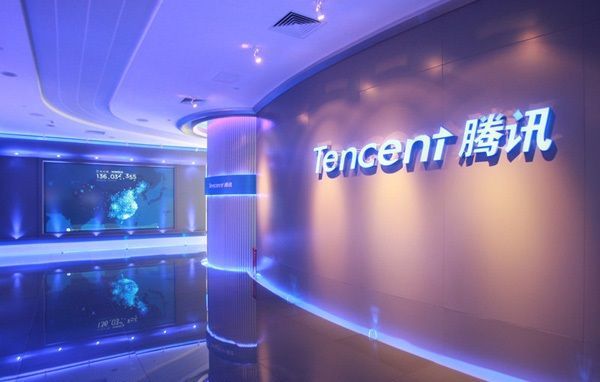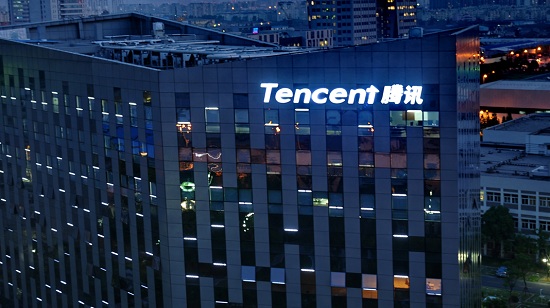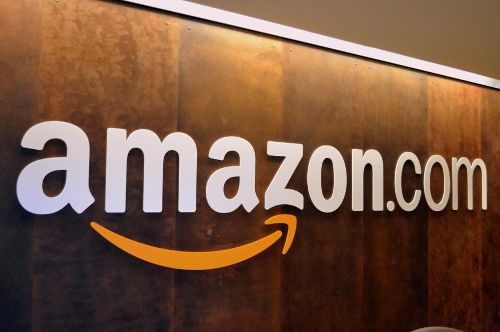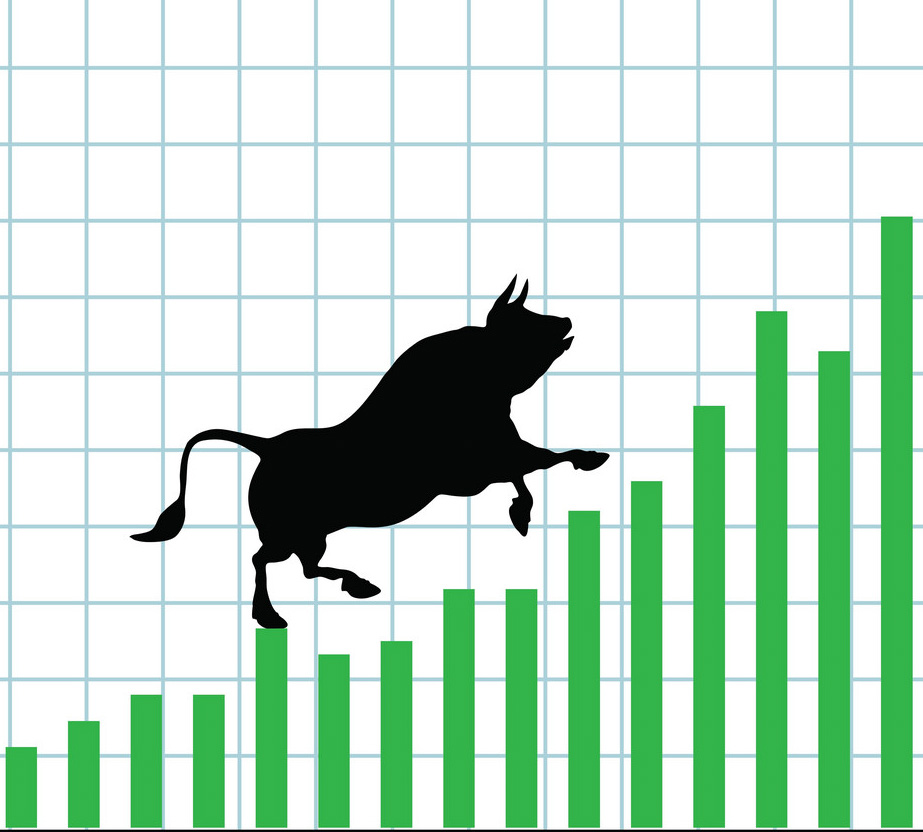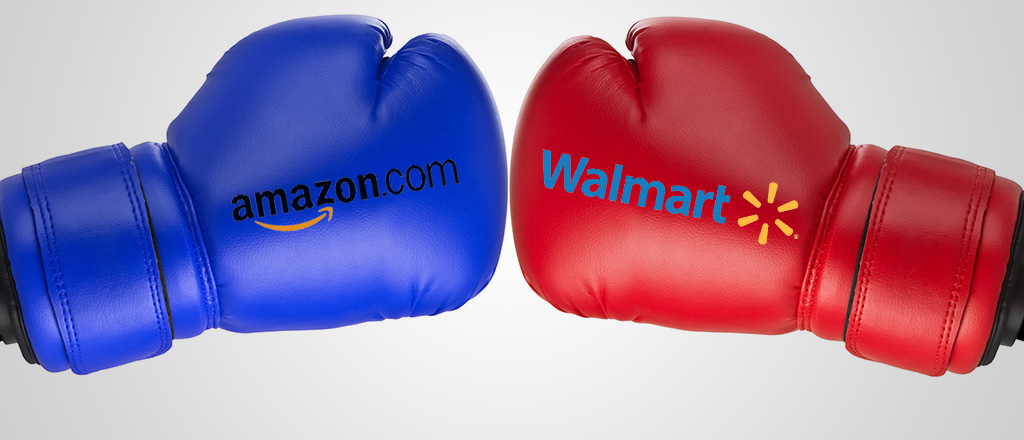When a person uses money to make a purchase, they often believe that the only thing they are giving up is the money itself, but this is only the half, or even the quarter of what they really lose. Many individuals are unable to identify the opportunity costs when weighing the benefits and against the costs of a payment for a good or service. Take for instance an individual makes the decision to go to the movies. They might think the only cost to them is the movie ticket and possibly something from the concession stand, however, what they don’t realize is that they forego the time they are spending watching the movie, when that time could have been used to do something else that might bring more benefit than the movie, at a lower cost. Investopedia defines opportunity cost as the benefit that a person could have received, but gave up, to take another course of action. In layman terms, an opportunity cost represents an alternative given up when a decision is made.
This can be applied to the principles of investing. The volatility of both the local and international stock markets have sparked uncertainty in many tend to stash their savings to make the best possible gain. Conservative individuals may opt to take the safe route by depositing their money in savings accounts and earn measly percentages every quarter or year, more aggressive ones will take on the stock and bond markets to wager their wealth and stand to earn significantly more returns, with far greater risks. So, who has the upper hand? For everyday that passes with money sitting in a savings account, a conservative investor loses the opportunity to put their cash in low risk bonds and generate returns higher than what a commercial bank is offering. At the other end of the spectrum, everyday spent not being proactive or aggressive about investments, is another lost opportunity in making more gains than a more a conservative, or even a moderate investor.
With more private companies edging their way into the public sphere, I urge those who aren’t knowledgeable about stock markets to take the time out to learn about the wealth they can gain by investing in equities and bonds, rather than leaving money lazy in a savings account. There are risks involved in the safest instruments, but the gains far outweigh the possibility of losses, as well as the opportunity costs.
If you liked this article and want to read other great stories, try our Archives. Also if you are new to investing you can try our Investment Basics Blog.





